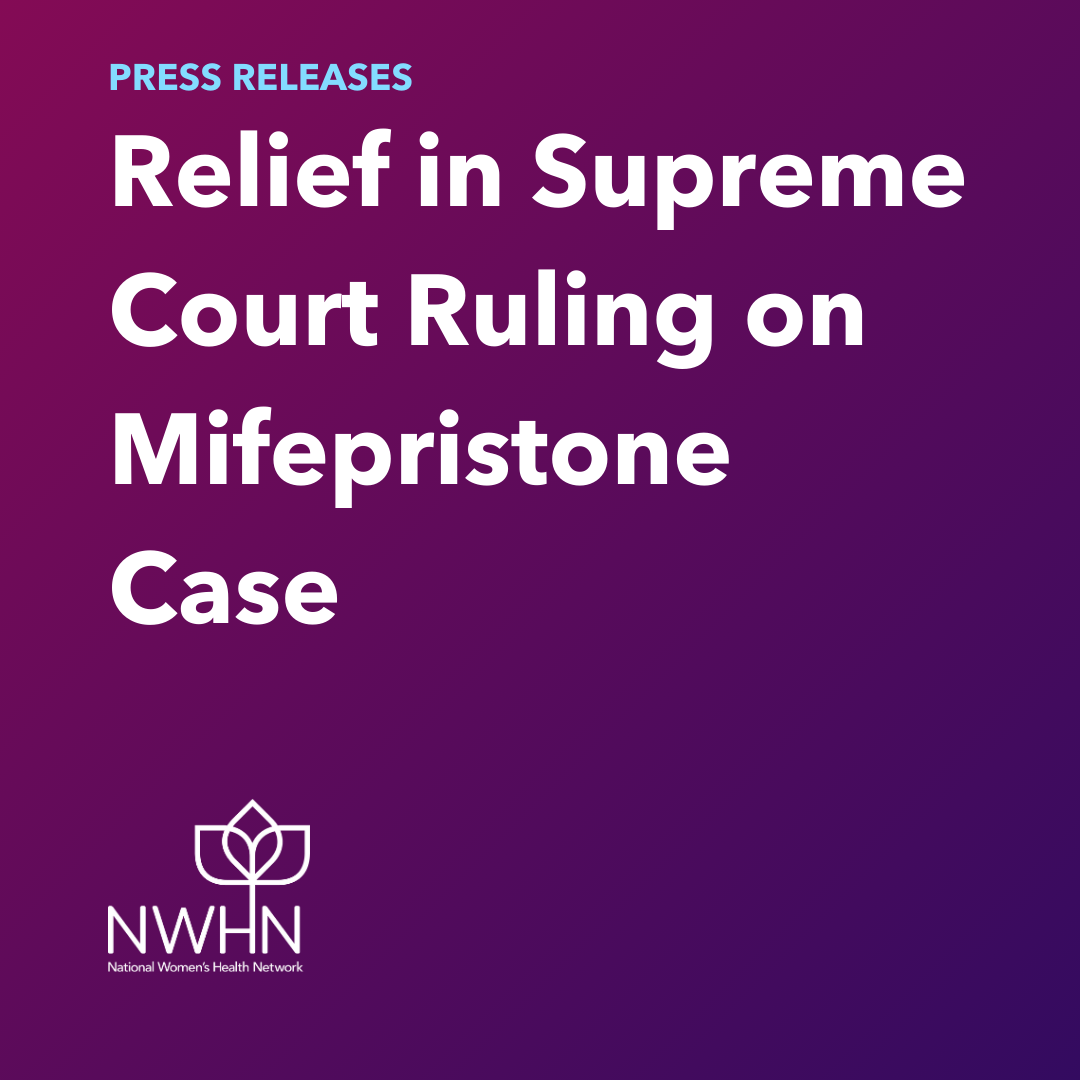Question:
How do I report something to the FDA? My doctor and I think I might be having an adverse reaction.
Answer:
There are multiple ways to contact the FDA if you have an adverse reaction to a medication, vaccine, or medical device. While the FDA does not always investigate individual reports, filing a report describing what happened to you is worthwhile.
The FDA keeps an eye on the adverse reporting system. If they see several reports of a serious complication, they might act quickly. In other situations, where it is more difficult to know whether the reported problems are caused by the vaccine, drug, or medical device, the FDA often analyzes trends over time. That is why it is important to report your experience. If many patients report similar complications, the FDA might require the manufacturer to conduct a follow-up study. In the case of Essure, a female sterilization device, patient activists pressured the FDA to follow up on thousands of reports of adverse reactions. Eventually, the FDA forced the manufacturer to conduct a careful study, which validated patients’ self-reported experience. The company later voluntarily took the device off the market.
You may report online through MedWatch, the FDA’s program that compiles adverse drug and vaccine reaction reports. You can also fill out the FDA’s Consumer Reporting Form 3500B, which must be faxed or mailed in. Alternatively, you may call 1-800-FDA-1088 to report by telephone. A health professional can fill out and fax the FDA’s Consumer Reporting Form 3500, which is available here.
###
The information on this site is not intended or implied to be a substitute for professional medical advice, diagnosis, or treatment. All content, including text, graphics, images, and information, contained on or available through this website is for general information purposes only.
Updated 12/20/2023 by Rachel Grimsley, RN, BSN, MSN, Nurse Writer










